6 Helpful Septic System Tips for New Homeowners
Owning a home with a septic system comes with responsibilities that differ from those with a municipal sewer connection. According to Forbes, the average residential septic tank ranges in size from 750-1,250 gallons. Proper care and maintenance are crucial to ensure your septic system operates efficiently and lasts for years without costly repairs. If you're new to septic system ownership, here are some essential tips about the world of septic pumping!
1. Understand How Your Septic System Works
A septic system is an underground wastewater treatment structure that processes waste from your home. It consists of a septic tank that separates solids from liquids and a drain field that disperses treated water back into the soil. Knowing where your tank and drain field are located can help prevent accidental damage and ensure proper maintenance.
2. Schedule Regular Pumping
Septic tanks need to be pumped regularly to prevent solids from building up and clogging the system. The general rule is to pump your septic tank every 3 to 5 years, but this depends on household size and water usage. A professional inspection can determine the ideal schedule for your specific system.
3. Be Mindful of What Goes Down the Drain
Your septic system relies on natural bacteria to break down waste. Harsh chemicals, grease, and non-biodegradable items can disrupt this process and cause blockages. Avoid flushing items like wipes, feminine hygiene products, and paper towels, and use septic-safe toilet paper and cleaning products.
4. Conserve Water
Excessive water use can overload your septic system, leading to backups and drain field issues. To prevent this, use water-efficient appliances, fix leaks promptly, and spread out laundry loads throughout the week instead of doing multiple loads in one day.
5. Protect Your Drain Field
The drain field is a crucial component of your septic system. Avoid parking vehicles, building structures, or planting deep-rooted trees near it, as these can cause compaction or root intrusion, leading to costly damage. Additionally, ensure your gutters and downspouts direct water away from the area to prevent oversaturation.
6. Watch for Warning Signs
Slow drains, gurgling pipes, sewage odors, or wet spots near the drain field can indicate a septic system problem. Addressing these issues early can help prevent major repairs and system failure. If you notice any of these warning signs, contact a septic professional immediately.
Proper septic system care is essential for maintaining a healthy and functional system. By scheduling routine maintenance, being mindful of water usage, and avoiding harmful substances, new homeowners can prevent costly repairs and extend the lifespan of their septic system. Taking these simple steps will keep your system running smoothly for years to come. Be sure to reach out to H&H Plumbing & Septic LLC today for more information on our professional septic pumping!

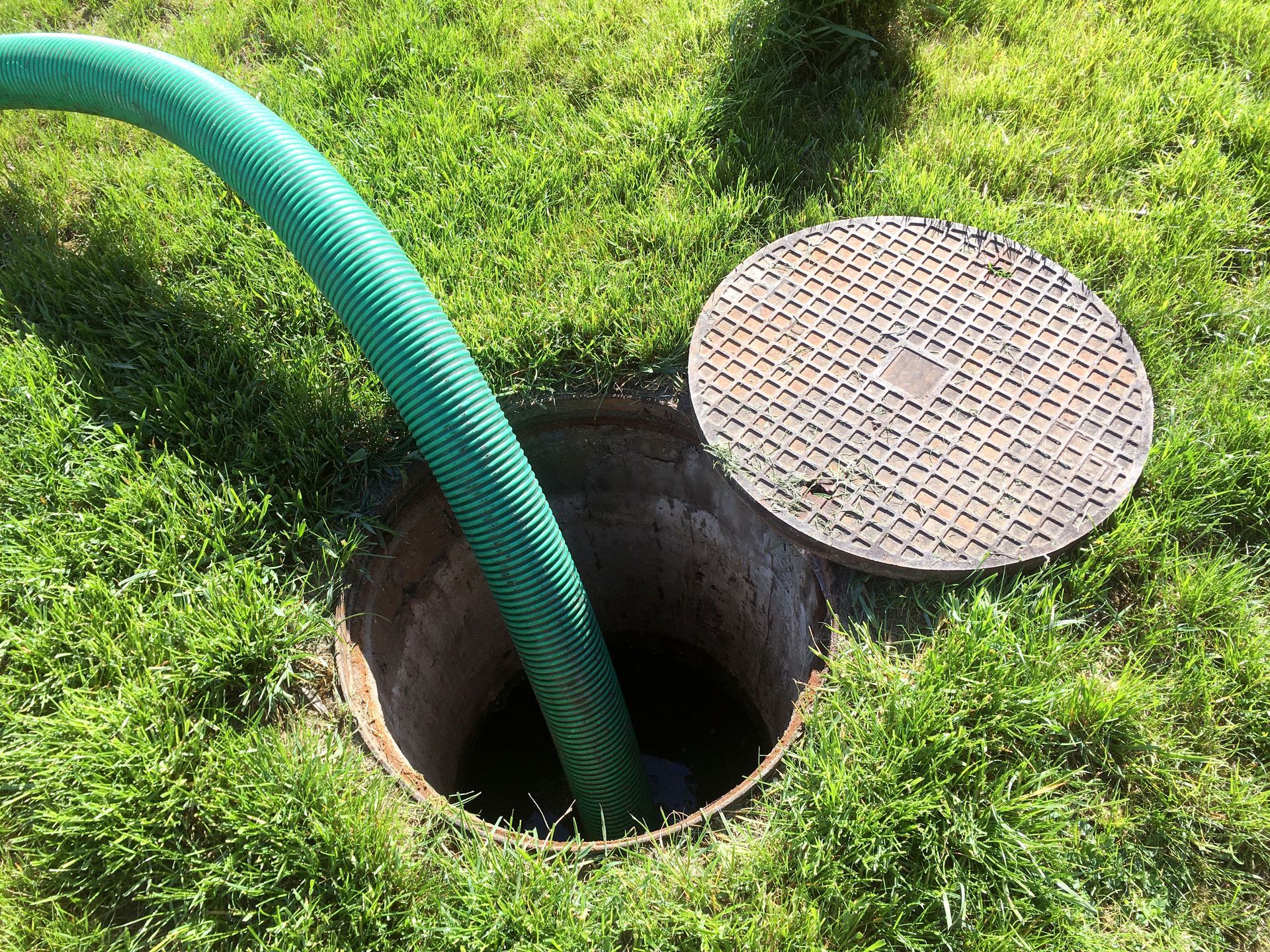
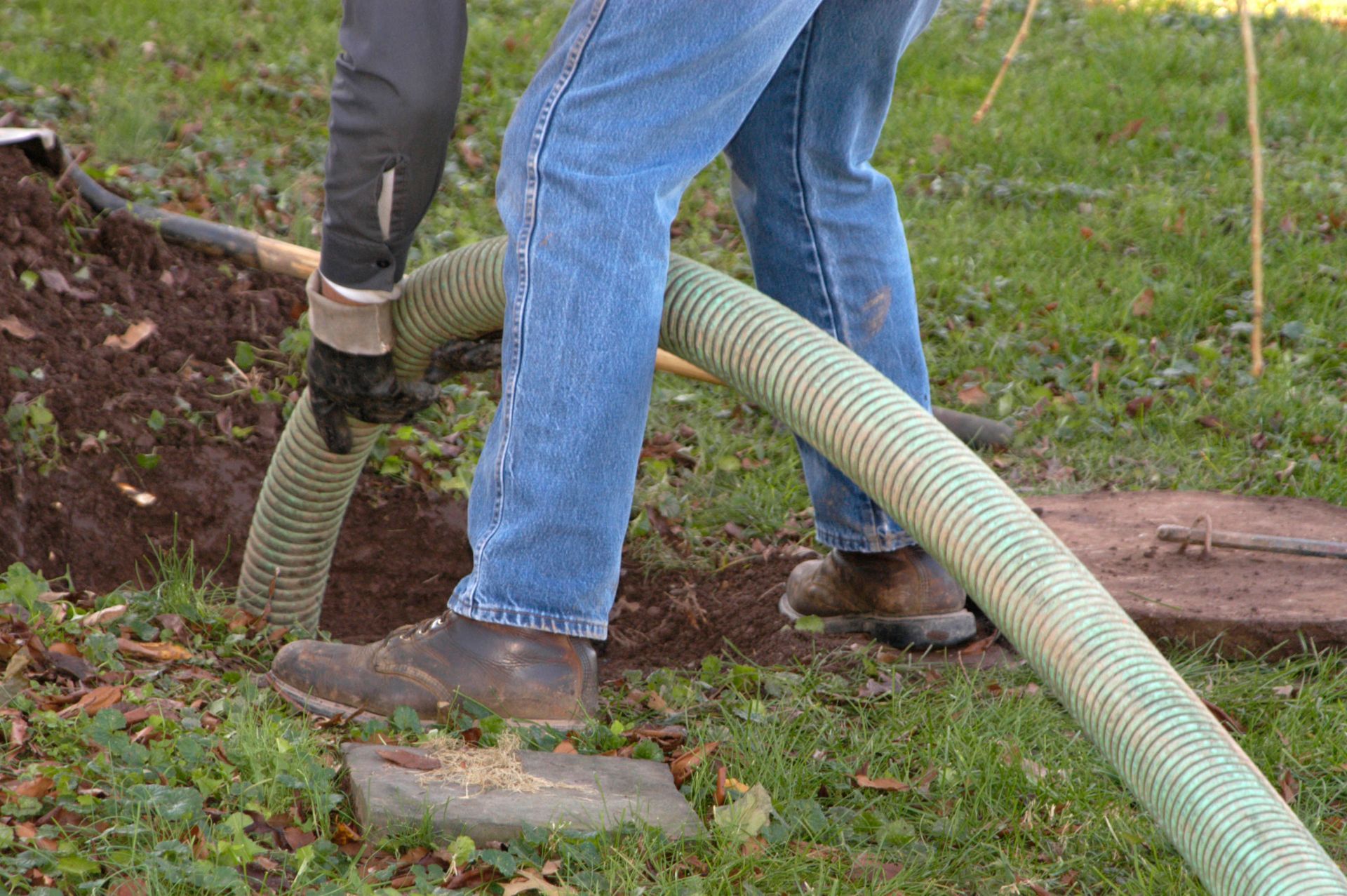
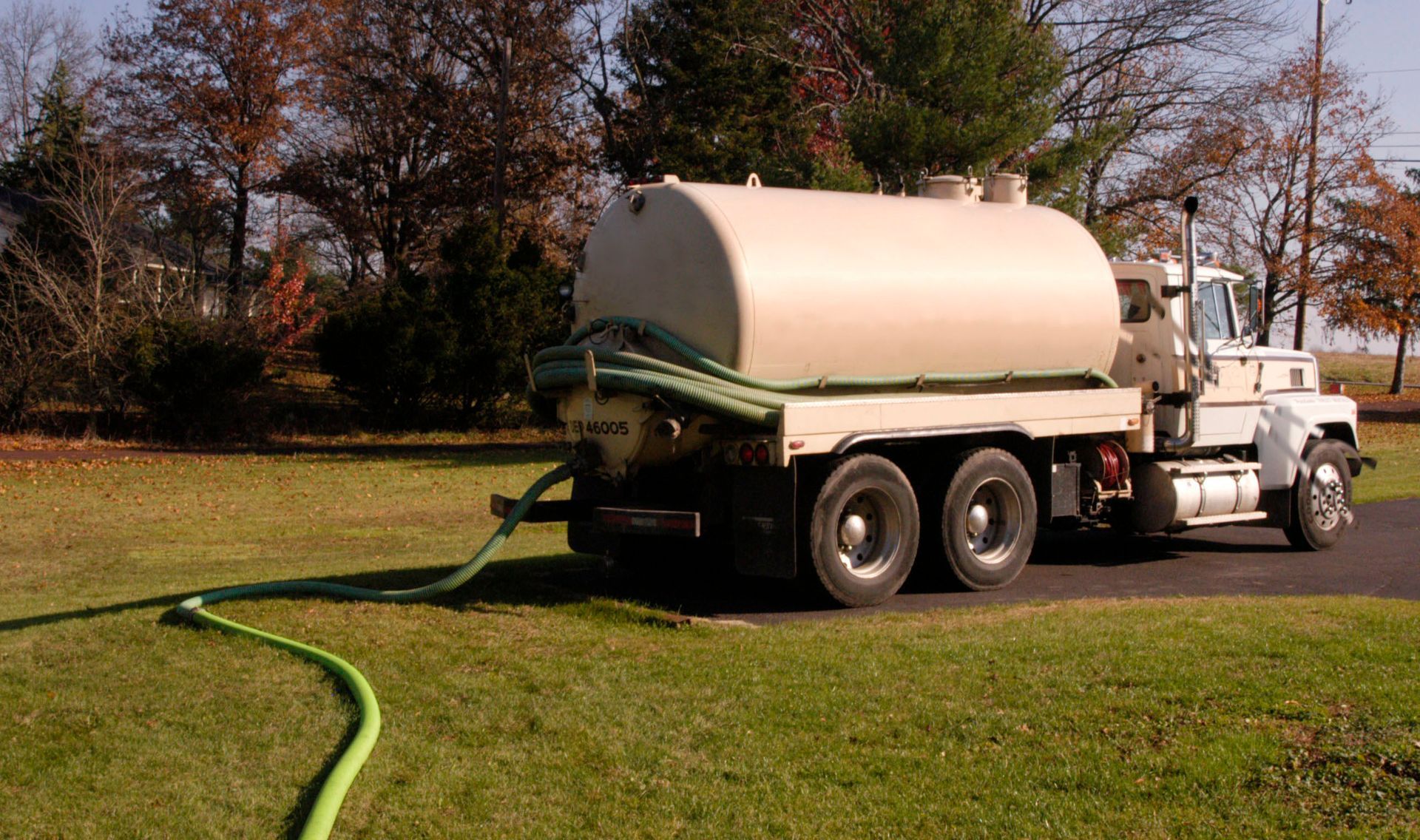
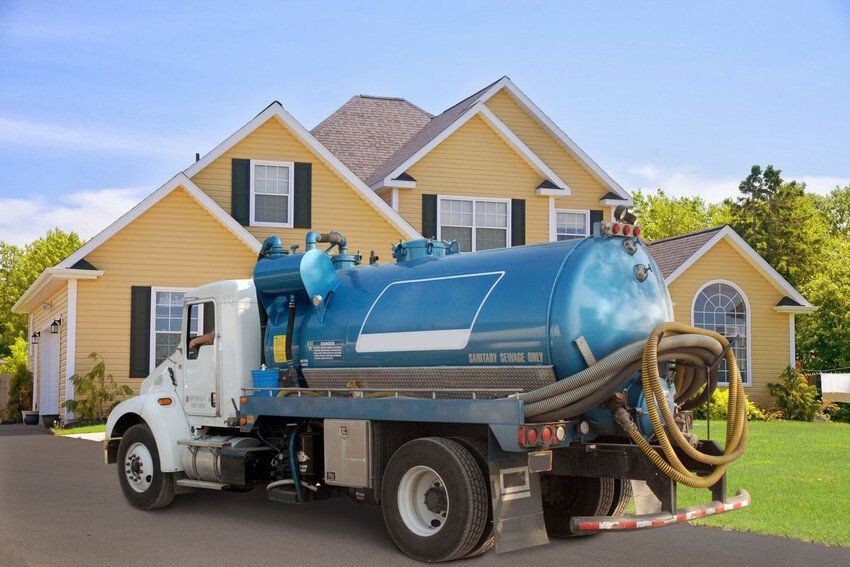
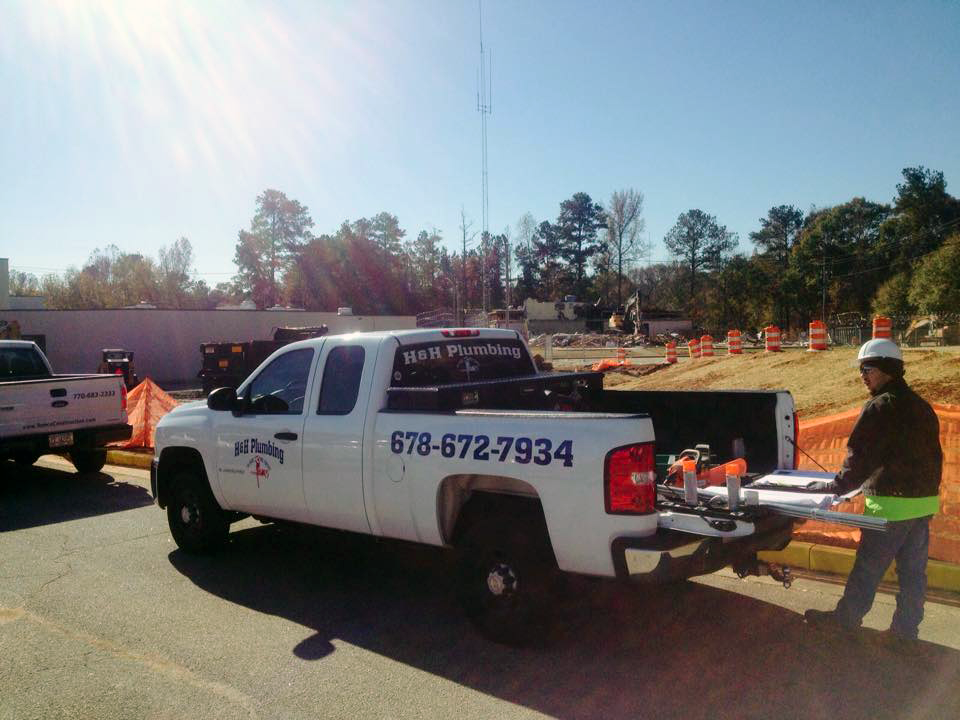
Share On: